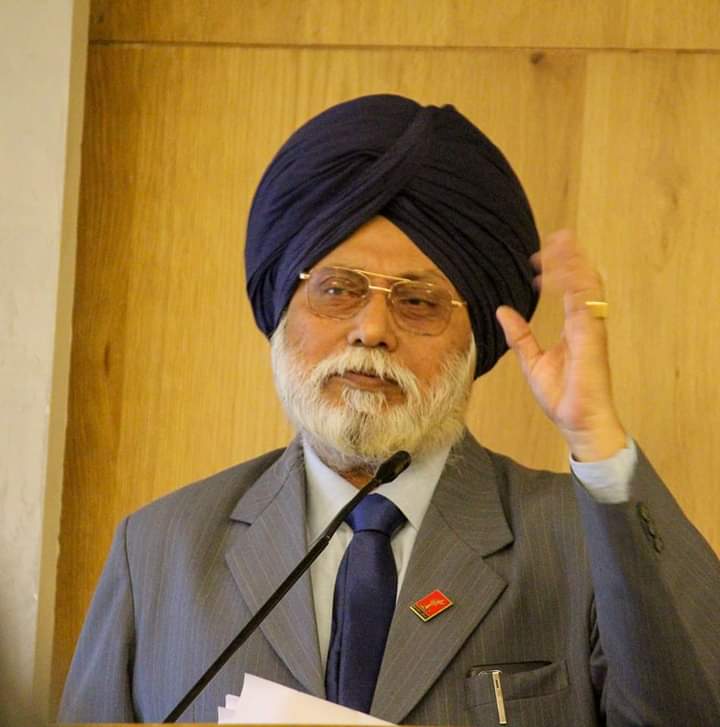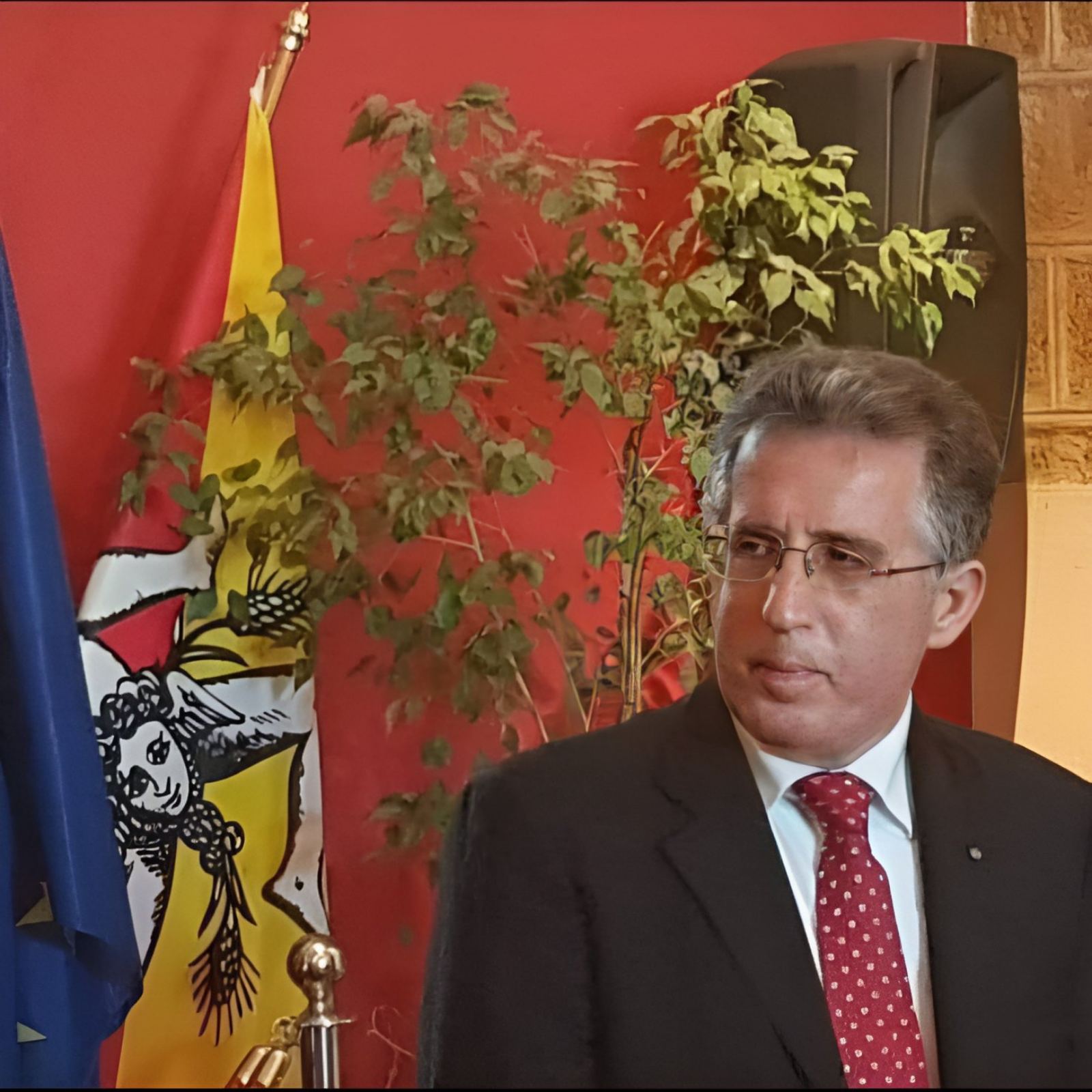Upscaling Zagajewski
What is, is more than it is; and that it should not be.
Theodor W. Adorno
Everything flows as Heraclitus knew
stepping into the wandering crosscurrents
of the Kaystros River. Everything passes as we consider
if the drowned cat is a proper subject for poetry
within any exoteric or esoteric rules
of poeming. Every dead kitten a negation
or opposition to what went before. Every line or phrase
juxtaposed with thoughts of the moment
proceeding it. Just as the tidal river
carries the feline carcass
to the sea, so the old snapshot of the poet behind bars
changes (for better or worse)
as neurons transmit and translate flesh,
steel, darkness, light. And in doing so are transformed
themselves like our memory
of Zagajewski’s worried face (warts, birthmarks
wrinkles) pressing home
their natural advantage in that world of sanitised poetics.
Now we forget our earlier reservations
as the AI image upscaler blurs the line between conformity
and illusion. Spits out its cleaned up version
of how it thinks the poet’s phizog
might benefit by removing
everything that makes his countenance old and wise
and beautiful. Everything changes
as the rising sea tides flood the low lying fields.
Leave us to wonder
at the sand clocks of Heraclitus and Zagejewski’s thirst
which exceeds the mythic blue Aegean.
Helene Demuth Notes A Change of Heart
- How do you turn down a dialectical thinker
with a hard on for a new idea?
- Tell him the dialectics of hopeturn out to be
nothing more than the interpenetration
of id and ego. You can’t always hold back
the tide, but you can always muddy the waters
by taking refuge in the greatest good
for the greatest number. One death is heroic.
Two deaths, a tragedy. Better to be dissatisfied
as Socrates, than satisfied as a pig.
A qualitative leap between, ‘I have begun
to long for you.’
And, ‘I who have no need.’
Navigators
for KMC
When the time comes, we will not be the ones
to let the dead bury the dead
for we’re the ones who can’t go home.
Our hearts have died so many times.
When the time comes,
we will procure the Death Certificate.
Kiss the deceased on the mouth.
Shake hands with the crematorium ghosts.
Drink with the gatecrashers
to the recently departed. Receive
their reservations.
But we ask, what if the time comes,
and we do not accede? What if we had to tell
someone, the most important thing
in the world, but knew they wouldn’t believe us?
*
We gently remind you. When the time comes.
Passing Thoughts in Eternal Ignorance
i
What can we know when we’re closing in on death
in a world where we’re hardly born?
What ought we to do to negate winch, chain
and portcullis, when our children
are so quick on the draw –
to throw us away if only to appease the middlemen
advertising another culture palace?
What may we hope in loving, apart from paying
the piper to rid us
of lost causes, that we might pay lip-service
to the songs of strangers
acting out secrets in the oldest game
in the book – tongue twisters
picking bloody moon daisies and midnight candy
from the night garden
without a thought for the dead and born again?
ii
What do we care for enlightened self-interest
peddling shortcuts every time
we would kiss? We who knot the rope
to bridge the gaps
so we might cross to the other side
without losing our grip in the deep ravines
of empty time. Only to learn
the rope was always too short to begin with.
Quiet Mother Weeps for Everyone
i
White breath of stolen time, we drink your mornings.
We drink your midday, we drink you
after midnight
when the crescent moon hangs
her ashen halo
in disorderly retreat.
When the quiet tears of the Red Sea
recall the old city walls before the night air bursts
into halos of fire
like Fire Genies in a pantomime.
We drink you when the sun is dying
in the crowning moment of choking air.
ii
White breath of stolen time, a woman plays piano
in a house in Tel Aviv.
When it gets dark, she types: ‘Death is a Mistress
from the Holy Land,’ on her 1943 Olympia.
She says the runes shining above the number 5
are lightening bolts
projecting power to preserve peace.
She wears orthodox braids in the latest “Jerusalem” cut
and calls to her Gazza flautists:
Fortissimo grandioso.
Her eyes glow above the City Lost in the Desert.
Her eyes glow white hot as peeling flesh.
Her eyes glow as much as pain.
iii
White breath of stolen time, we bring you a child
anaesthetised on a stretcher.
We bring you biopsy and amputation.
We drink and we bring you stars we once knew
glowing in veils of chemical
goodbyes.
We bring you the house of music and words.
We utter: Lento doloroso.
And we alter the stolen garden.







